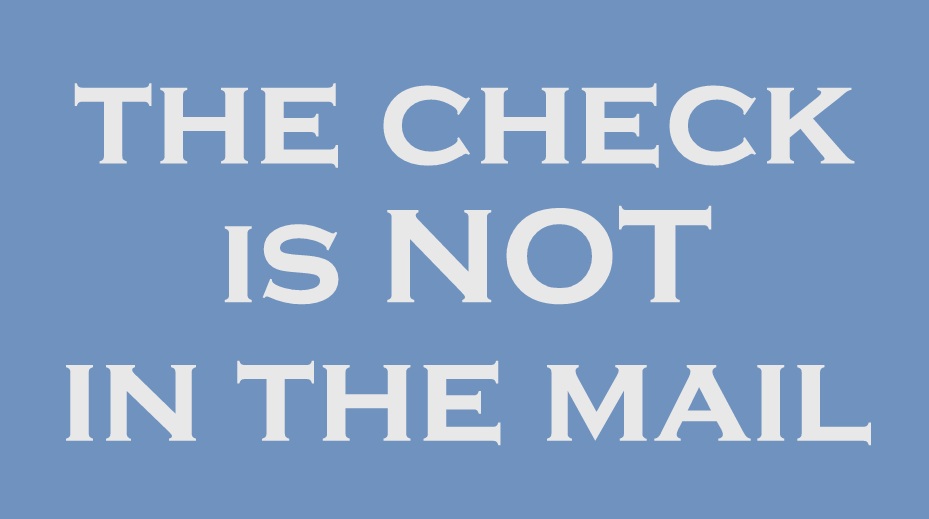Protect your identity and integrity by avoiding fraudulent freelance job offers.

Because freelance job listings characteristically involve short-term telecommute work, they’re easier to fake than full-time, salaried job postings. If you’re a freelancer looking for a new project, get familiar with these easy tricks for spotting freelance job scams:
Take a Step Back from Start-ups
Start-up businesses should not be universally painted with the job-scam brush; however, it’s important to understand that con artists exploit the entrepreneurial spirit of start-up businesses to weave their web of deceit.
Beware of freelance job listings from newly established businesses that promise income from future earnings or a percentage of profits after “X” amount of labor. If an employer cannot afford to pay you now, then you cannot afford to say yes to the job offer.

Never Pay to Work
Although this sounds like career advice from Captain Obvious, job scammers resort to inventive methods to coax freelancers out of money. Never agree to pay for a contract, design or training materials, or distribution costs.
Protect Your Samples
It’s difficult to envision a freelancer in 2014 who does not have an online portfolio of work generated from educational assignments, internships, or previous employment. When a potential employer presses you for additional work samples or detailed outlines pertaining to a specific project proposal, recognize that you may be on the fast track to getting swindled.

Working for free on the promise of a job offer is bad business. Make sure you are always under the protection of a contract. If you readily provide free samples, don’t be surprised if you find your uncompensated work online, credited to someone else.
Avoid Calls for Inexperienced Workers
When have you ever contracted with a legitimate employer who is not interested in the professional and educational backgrounds of their freelancers? Even entry level positions require some measure of basic demonstrable skills or competency.

Freelance job ads that boast “IMMEDIATE START – NO EXPERIENCE REQUIRED!” should be treated with as much caution as Jason Voorhees at a summer camp.
Respect Your Instincts
Similar to how you would refuse email lottery winnings from a “Nigerian prince,” go with your gut when conducting online searches for freelance employment offers. Remember to not take unnecessary RISKS:
• Research employers with accredited agencies, like the Better Business Bureau (BBB)
• Investigate employers on social media sites and with other freelancers
• Skip the spec work
• Keep your guard up when asked to provide sensitive personal information
• Stick to this promise: “If it sounds too good to be true, it probably is.”

If you are solicited by a freelance job scam artist, do your part to stop the cycle of employment fraud and report the incident to the BBB’s Scam Stopper or file a complaint with the Federal Trade Commission.
Have you been fooled by freelance employment fraud or are you aware of current scams circling the Web? Share your stories and tips in a comment.
Kimberly is the Social Media and Content Manager at Virtual Vocations, your one-stop shop for freelancers looking for legitimate telecommute jobs. Connect with Kimberly on Facebook and Google+.

Leave a Reply